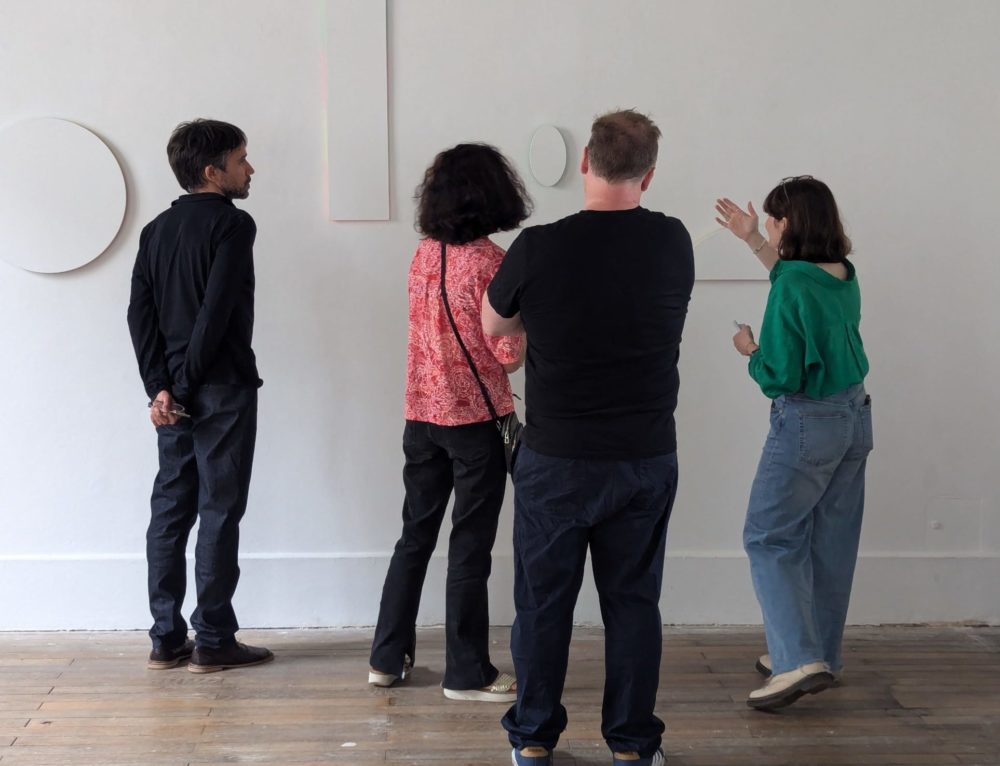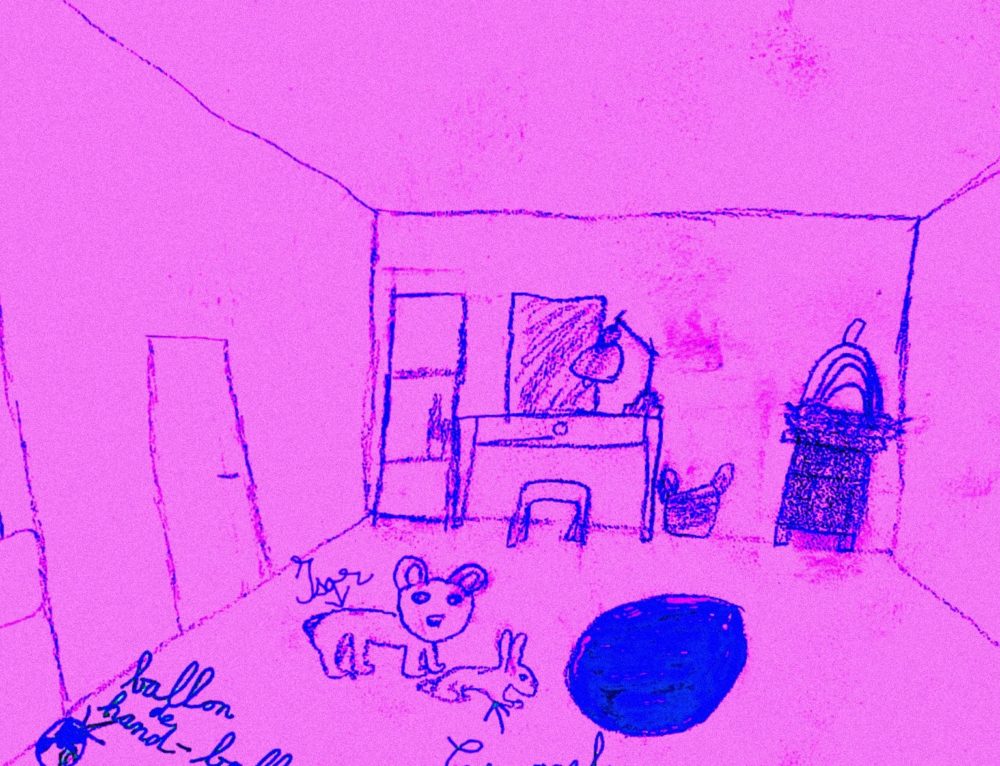Une conférence de Rosemary Lee (en Anglais)
Mardi 30 mai 2023, 18h – 20h
École Media Art – 34, rue Fructidor à Chalon-sur-Saône, salle de conférence
Recent technical advances enable images to be informed by the large-scale analysis of data by highly automated machine learning (ML) systems. But to say that an image is data-based begs the question of not only what relationship a generated image has to the data it is based on, but also to what extent the image, itself, may be understood as data. While generative models are capable of producing believable photographic images of virtually anything, in theory, they bring about complex empirical relationships between data and visual aesthetics. For example, it may be possible to generate images of people who do not exist (Karras, Laine, and Aila 2019), but the same system may also reproduce likenesses of real people from its training data (Tinsey, Czajka, and Flynn 2021). It is difficult to say what such a generated image represents, lacking adherence to a specific real-world referent, while entailing the potential to replicate patterns in data with great accuracy. As artificial intelligence (AI) becomes increasingly pervasive, it is especially relevant to consider to what extent these methods and their outputs may be considered accurate or as forms of visual knowledge production (Drucker 2014).
This talk will examine what implications algorithmic forms of visual media may hold for the empirical value of images. It aims to develop a better understanding of the technical and conceptual frameworks involved in evaluating the accuracy of data-based images. Through critical engagement with artistic, technical, and theoretical work on this topic, students will explore and apply themes related to data-based aesthetics.
Rosemary Lee (b. 1986) is an artist and media theorist focused on the history of visual technologies. Her work looks at how current developments in image production fit within larger narratives about art, vision, knowledge, and relations between humans and machines. Through a media-archaeological perspective, Lee seeks to develop a better understanding of how current methods and ideas about art and technology are influenced by those of the past.
Rosemary Lee completed her PhD at the IT-University of Copenhagen in 2020 with a thesis entitled “Machine Learning and Notions of the Image”. That research has been acknowledged with inclusion in the Leonardo Abstracts Service’s Top Thesis Abstracts of 2021 and was shortlisted for the German Informatics Society’s AI Newcomer Award in Art. Prior to her doctoral studies, Lee earned an MA with Distinction at the European Graduate School and a BFA with Honors at the School of the Art Institute of Chicago. Her current projects include a monograph entitled Algorithm, Image, Art (forthcoming: 2023), and new artistic and theoretical work on the epistemic grounding of visual media.


